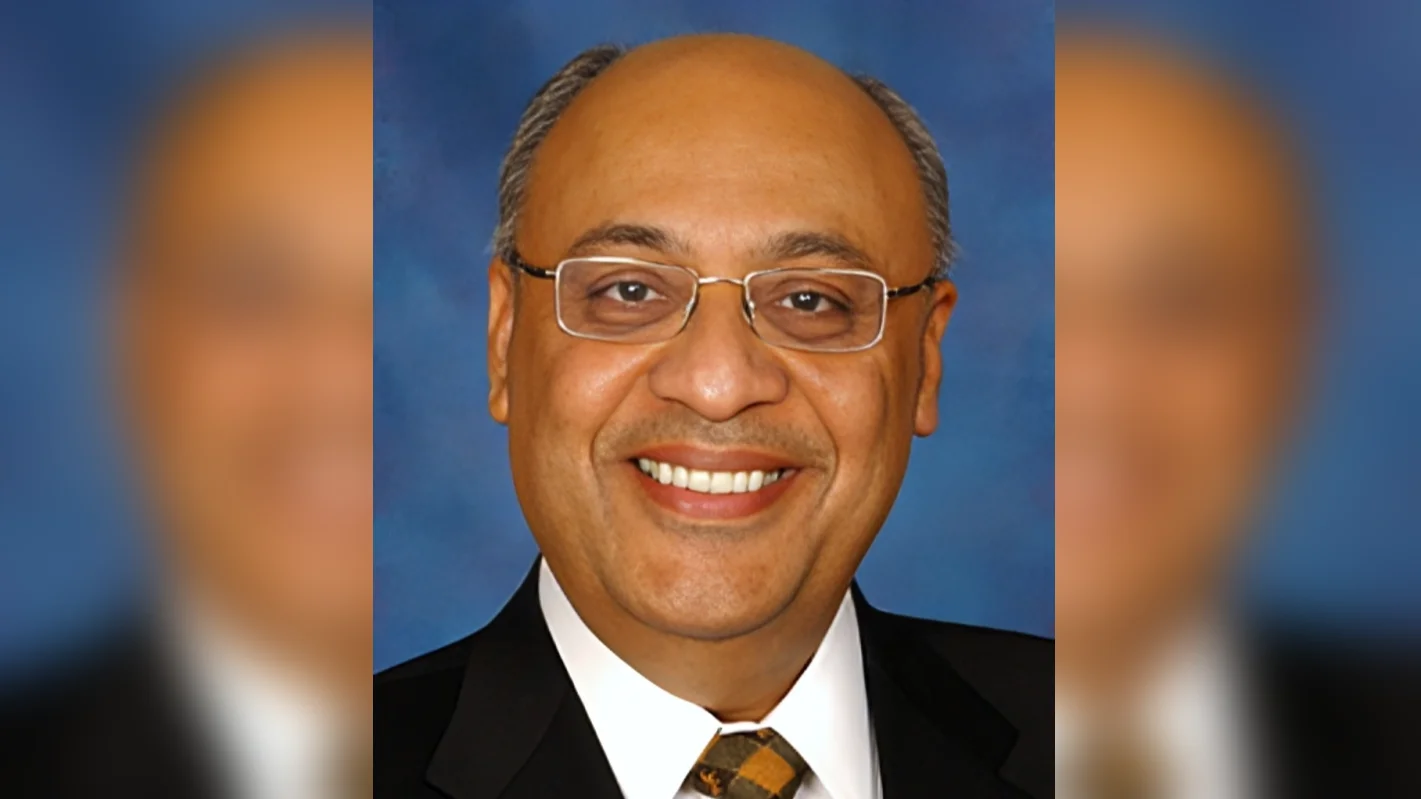
The University of Texas Health Science Center at Houston (UTHealth Houston) has initiated its first academic program in the newly founded School of Behavioral Health Sciences, introducing the Master of Science in Cognitive and Behavioral Sciences (MS CaBS). This development makes it the seventh school within UTHealth Houston to offer advanced training degrees, marking a significant advancement in behavioral health education and research.
The MS CaBS is designed as a full-time, interdisciplinary program focusing on psychology, psychiatry, neuroscience, computational science, biochemistry, and genetics. Its primary mission is to investigate how the central nervous system influences human behavior through various stages of life, addressing both typical and atypical development, alongside health and disease.
“This will be an important new program to help us build the multidisciplinary workforce that will be needed by our state to conquer major mental health issues experienced by Texans,” said Jair C. Soares, MD, PhD, the vice president for Behavioral Sciences and Pat R. Rutherford Jr., Chair in Psychiatry, as well as founding dean of UTHealth Houston School of Behavioral Health Sciences and executive director of John S. Dunn Behavioral Sciences Center at UTHealth Houston.
Students will gain advanced training in experimental design, physiological research methods, and cognitive neuroscience. The curriculum emphasizes practical research, pairing students with faculty mentors for active research projects and requiring a final thesis.
The MS CaBS program uniquely integrates a wide array of disciplines, analyzing behavior from cellular to societal perspectives. Course topics include learning, memory, motivation, decision-making, emotion, and treatment outcomes, with a strong basis in evidence-based methodology.
UTHealth Houston has gathered a notable faculty to support the program. Applicants are welcome with a bachelor’s degree in psychology, biology, neuroscience, or similar areas. While prior research experience is beneficial, it is not mandatory. The admission process considers academic performance, personal statements, and dedication to advancing behavioral science, with no GRE requirement.
Focusing on research excellence, interdisciplinary collaboration, and practical impact, the MS CaBS program aims to cultivate future scientists, clinicians, and leaders in the field of behavioral health.
For more information, visit the UTHealth Houston School of Behavioral Health Sciences website.